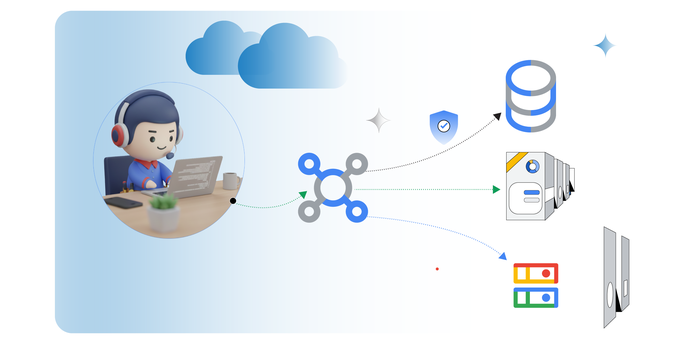5 ways Service Extensions callouts can improve your Cloud Load Balancing environment
Neil Abogado
Senior Product Manager
In today’s dynamic digital infrastructure landscape, where reliability, scalability, and performance are paramount, Google Cloud Application Load Balancers have emerged as indispensable tools for ensuring connectivity and an optimal user experience. Using Service Extensions callouts, organizations can customize and extend their edge environment using gRPC calls to user-managed services during data processing. Service Extensions callouts are now generally available for all Google Cloud Application Load balancers, including the global external, regional external, regional internal, and cross-regional internal load balancers.
In this blog, we delve into the benefits of Service Extensions callouts for Application Load Balancers, exploring how they optimize performance, bolster security, and foster greater operational efficiency.


1. Enhanced traffic management and optimization
Service Extensions callouts let you implement advanced traffic management strategies, optimizing backend selection based on near-real-time data and dynamic conditions. You can intelligently route traffic and prioritize critical workloads by using callouts to execute custom logic or integrate with external services. This dynamic approach to traffic management helps ensure optimal performance and resource utilization.
2. Improved security
Service Extensions callouts let businesses implement custom security policies, access controls, and threat-mitigation measures directly within their load balancing infrastructure. Whether performing real-time threat analysis, enforcing encryption protocols, or integrating with security tools and services, callouts provide businesses the flexibility and agility to adapt to evolving security challenges.
3. Tight integration with ecosystem tools
One key advantage of Service Extensions callouts is their integration with a wide range of ecosystem tools, platforms, and services. You can use callouts to connect with monitoring and analytics tools to gain insights into performance metrics, integrate with security services for enhanced application protection, or inject business logic to improve the scalability and resilience of applications, helping businesses leverage their broader digital ecosystem.

